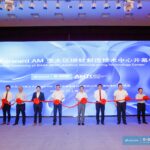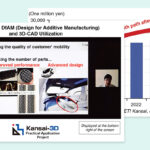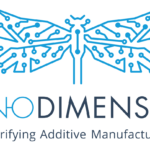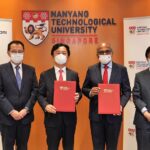ASIA ELECTRONICS INDUSTRYYOUR WINDOW TO SMART MANUFACTURING
3D Print Parts Earn Compliance for Food Contact
Forward AM, the brand of BASF 3D Printing Solutions, has earned the first TÜV certification of a 3D printing process for the manufacturing of end parts for food contact. The certification and approval by TÜV Rheinland took effect from September 2021.
In industrial manufacturing, the production of parts intended for food contact needs to meet the highest standards to protect human health. The entire manufacturing process play important role, from material production, through 3D printing process to packaging to guarantee parts suitable for food contact.
The TÜV Rheinland certification Forward AM earned officially confirms the strict product quality control and outstanding process reliability of food industry 3D printing.
Safe Food-Contact Parts
Christian Reinhardt, Business Development Manager, BASF 3D Printing Solutions said the TÜV certification is a testament 3D printing has matured as a manufacturing technology. It also shows the technology can produce highest-standard end parts in a fully controlled process.
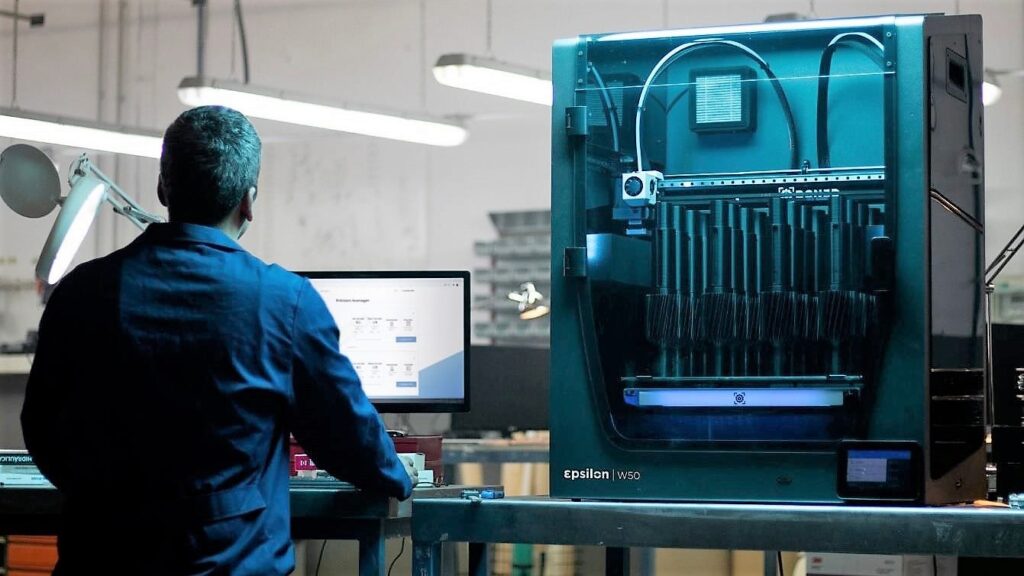
“With TÜV Rheinland certification we are closing a critical gap in the Additive Manufacturing of parts intended for food contact. This holistic solution means we are now able to offer our customers the production of officially safe food-contact parts,” explained Reinhardt.
“What’s more, this certification confirms Forward AM’s aspiration to become the food industry’s leading consultancy and supplier for the manufacture of 3D printed food-contact parts.”
The safety of food contact materials needs strict evaluation to ensure chemicals do not migrate from materials into food. The manufacture of materials needs o comply with EU regulations, including Good Manufacturing Practice, so as not to raise any food safety concerns.
To comply with these requirements, Forward AM’s filament production implements special processes and measurements to avoid any risk of cross contamination. Parts printed with the filament Ultrafuse PET meet the LFGB and Regulation (EC) No. 1935/2004 for food contact.
A joint project with Replique and German premium domestic appliance maker Miele initiated the TÜV certification of the manufacturing process. Within the project 3D4U, Miele provides customers with 3D printed accessories through its online shop, including food contact parts starting with a coffee clip. Replique, startup of Chemovator GmbH, and BASF arranged the fulfillment of 3D printed parts ordered in the Miele online shop. BCN3D, a leading Spanish developer and manufacturer of 3D printing solutions, realized the latest generation desktop 3D printers.

